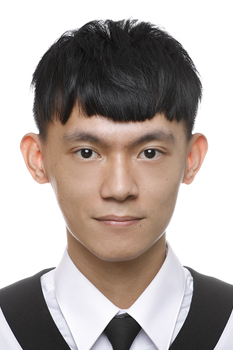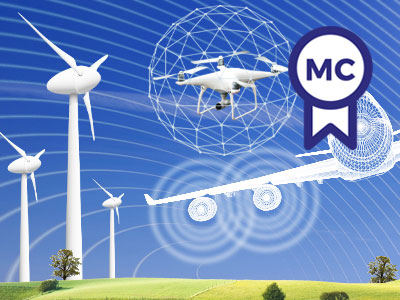different sources of noise
Yu Hsuan Lin
Taiwan
"After taking this program, I can deal with more aeroacoustic problems in my job. This series of courses builds up your knowledge from how to identify different sources of noise to how to choose the correct measurement techniques, and I can now design experiments to verify or mitigate noise."
Yu Hsuan Lin is an Acoustic CAE Engineer. He participated in the online Program Aeroacoustics Design, Analysis and Verification. Read about his experience.
What was your motivation for enrolling in this course/program? I wanted to delve into the aeroacoustics field after being an acoustic CAE engineer for one year because I was able to resolve an aeroacoustic problem, which was the noise - "hiss" sound - from the tube of the bass-reflex tube enclosure for loudspeakers, in a very simple way.
I wanted to delve into the aeroacoustics field after being an acoustic CAE engineer for one year because I was able to resolve an aeroacoustic problem, which was the noise - "hiss" sound - from the tube of the bass-reflex tube enclosure for loudspeakers, in a very simple way.
I was fascinated by the result and the mechanisms of this aeroacoustic phenomenon, and this experience planted an idea in my mind that I wanted to dive into this field, conduct research in it, and become an aeroacoustics engineer in the future.
How did/will this course impact your career or life?
After taking this program, I can deal with more aeroacoustic problems in my job. For instance, I can explain the mechanism of wind noise, which is a common issue of the boom-arm microphone of headsets to my colleagues, and design experiments to verify or even mitigate the noise.
The program could also bridge the gap between my PhD application and my current state since it's impossible for me to work and study at school at the same time. Additionally, my background is not straightforwardly connected to the aeroacoustics field and therefore this course has given me the chance to build a connection towards the PhD application by making my background more related to it.
After finishing the program, I realized that in acoustic/electroacoustic fields, engineers encounter more aeroacoustic problems than I had initially thought. This series of courses builds up your knowledge from how to identify different sources of noise to how to choose the correct measurement techniques.
How was your experience of learning online?
It was awesome, the videos, handouts, discussion forum, and the possibility to learn whenever you can which allows you to combine it with your own work and other studies. The best part was the meeting with the instructors. I'm not a native English speaker, but such meetings gave me the chance to communicate with instructors directly, and it was a great experience to discuss professional content with experts.
What advice would you give someone who is thinking of taking a similar course?
The assignments might be a bit difficult, but all the instructors are very kind and keen to help students solve the assignments even outside meeting times, so don't hesitate to send an email to the experts if you have any questions during the course.

